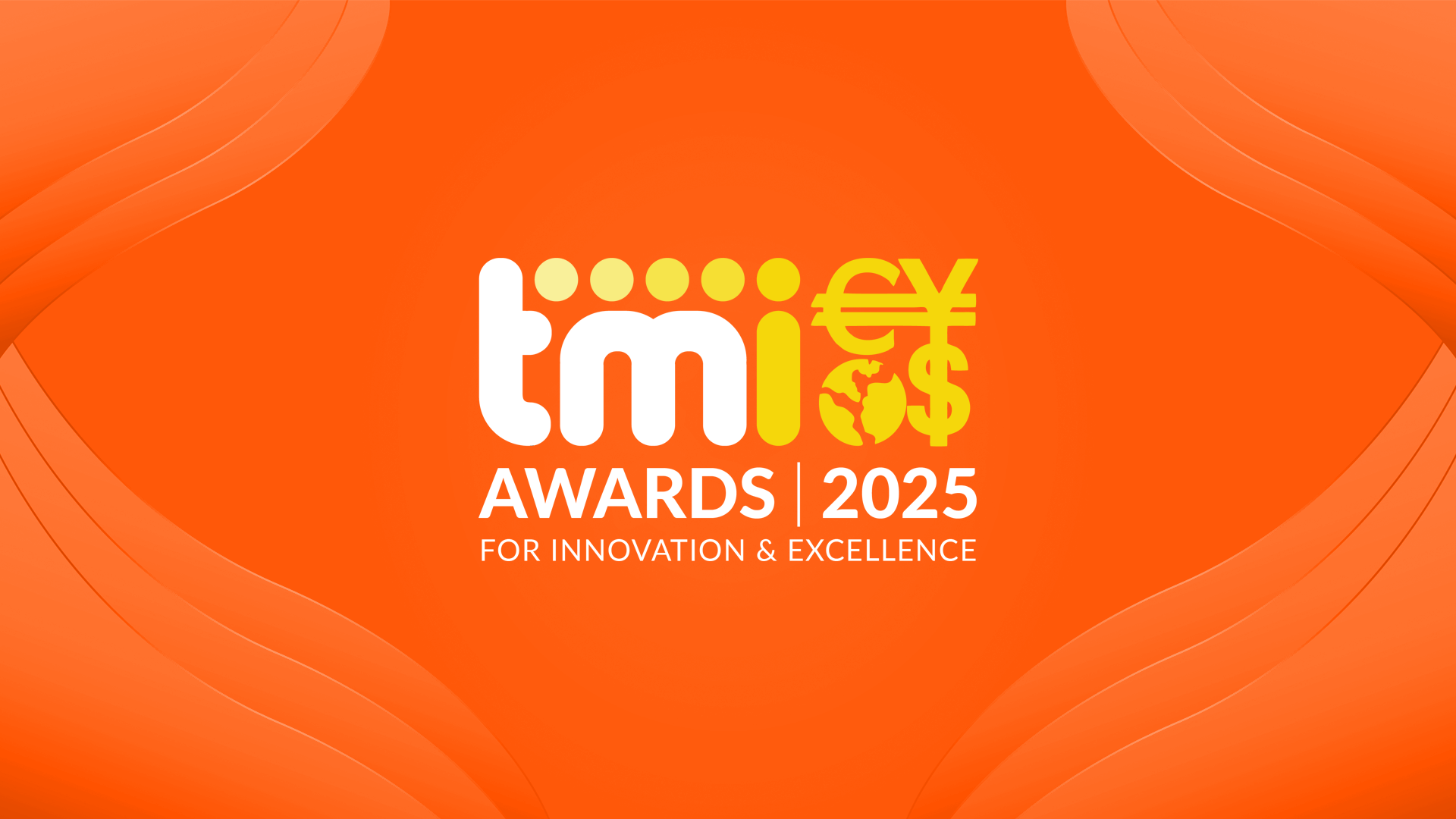After the Ballots
How the ‘year of elections’ reshaped treasury priorities
Published: March 08, 2025

Best Trade/Supply Chain Solution - HIGHLY COMMENDED
One of the leading cable manufacturers in the Middle East, Dubai Cable Company (Ducab) faced a challenge familiar to many businesses operating in complex trade ecosystems: how to unlock cash flow from receivables while mitigating risk and maintaining strong relationships with key buyers. Seeking a solution that would balance liquidity enhancement with financial prudence, the company implemented an innovative receivables discounting programme.
With a diverse customer base spanning government entities, private sector distributors, and international buyers, Ducab faced a common challenge: how to convert receivables into cash quickly while managing credit risk effectively. Traditional financing options posed limitations. Relying on external debt would impact leverage, while existing receivables discounting solutions often lacked the flexibility needed for a mixed portfolio of buyers. In addition, Ducab wanted to ensure that its buyer relationships remained intact, without disrupting collection processes. The company needed a tailored approach, one that would provide liquidity, mitigate risk, and support business growth.
Rather than applying a one-size-fits-all model, Standard Chartered worked closely with Ducab to design a ‘limited recourse’ receivables discounting programme that is as dynamic as the business itself. The solution adapts to the different types of buyers, structuring financing around their payment behaviours instead of forcing a rigid framework onto them.
For government buyers, the bank used its deep regional relationships to offer clean credit appetite, something most banks wouldn’t consider. Where direct relationships with buyers were limited, the bank leveraged standby letters of credit (SBLCs) from other financial institutions to underwrite risk. Meanwhile, for Ducab’s exports, credit insurance was used to protect against potential defaults, particularly in Asia, where some buyers had weaker financials.
As well as offering risk mitigation benefits, this structure helped ensure cash flowed efficiently without disrupting existing business dynamics. Recognising that some buyer relationships were particularly sensitive, Standard Chartered also structured a hybrid collections model. This means that some payments flow directly through the bank, while others are still managed by Ducab, preserving its commercial relationships.
Crucially, the financing terms aren’t dictated by a standard banking model but are built around Ducab’s actual payment cycles. As such, buyers aren’t forced into unrealistic timelines – instead, the bank has introduced grace periods that aligned with when payments are actually expected. This has resulted in faster cash realisation without straining partnerships.
With this flexible structure in place, Ducab can now turn receivables into cash almost as soon as invoices are raised, without taking on additional debt. Working capital has improved, leverage has remained stable, and sales have been able to grow without the usual constraints of slow-moving receivables. With stronger risk coverage, Ducab can also engage more confidently with buyers, knowing it has the backing to offer flexible terms where needed.
Beyond the numbers, this solution has strengthened Ducab’s strategic position, enabling the company to take a longer-term view on growth, knowing that working capital won’t be a bottleneck.Aliasgar Rangwala, Director, Corporate Finance, Strategic Treasury and Risk, Ducab, notes: “Ducab appreciates the service offerings from Standard Chartered Bank, particularly in enhancing technology standards. Both organisations benefit from this partnership, and user experiences have been enriched across multiple business dimensions. Standard Chartered’s dedication to delivering innovative financing solutions despite challenges is commendable. This dynamic approach has improved our group liquidity, fostered supplier partnerships, and strengthened our balance sheet.”